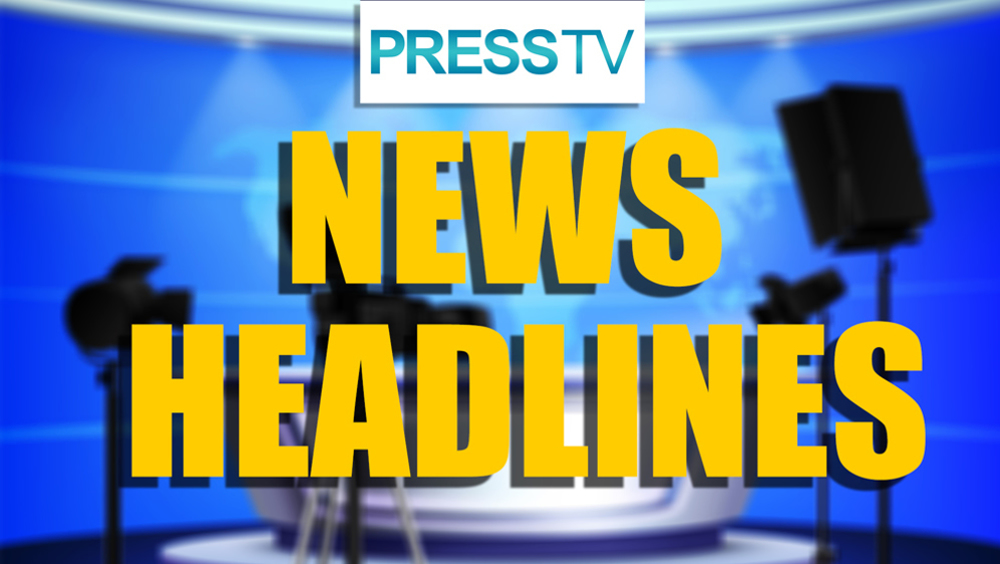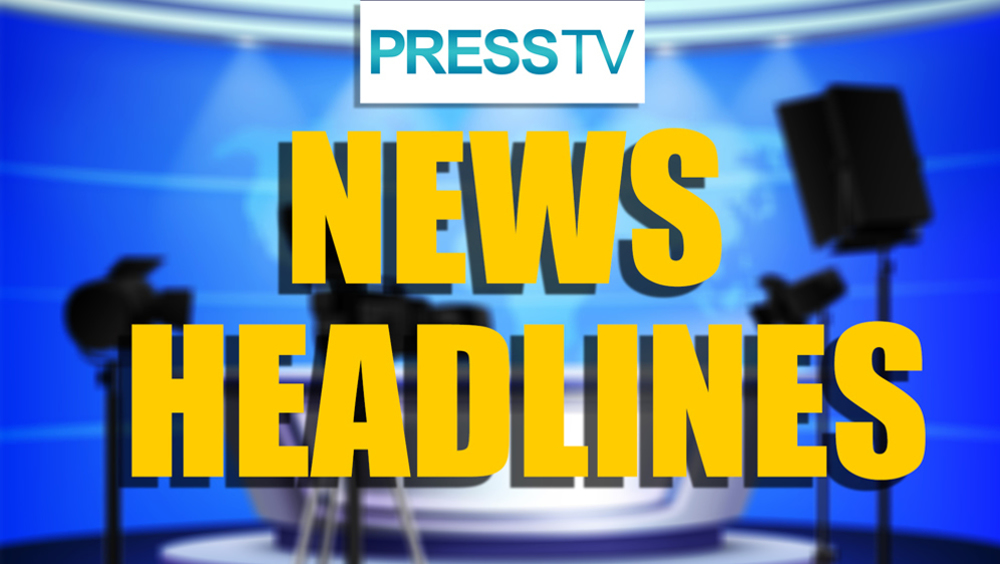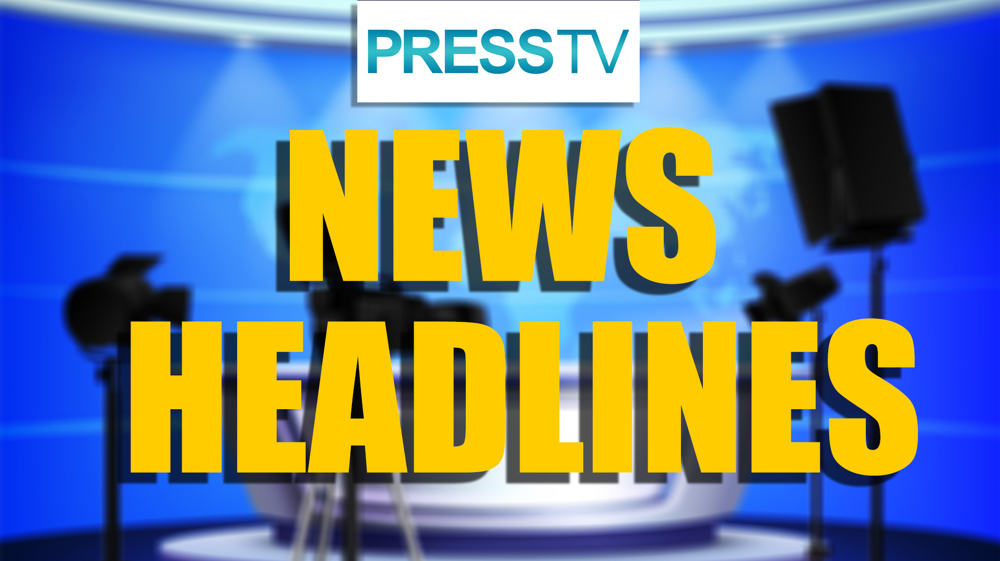WATCH PRESS TV NEWS HEADLINES
Here is a brief look at Press TV Newsroom's headlines from 09:00 GMT to 17:00 GMT, March 4, 2017.
Battle for Ghouta
A war monitor says Syrian government forces have recaptured roughly one quarter of Eastern Ghouta from terrorists. The UK-based Syrian Observatory for Human Rights says much of the seized areas are farms together with a few towns. The Syrian army has been trying to dislodge terrorist groups including Nusra Front from the area in the past few weeks. The operation, however, has been too slow as the terrorists have risked the lives of civilians to stick to their position. On Sunday, the Russian military said the terrorists have imposed a curfew in areas under their control in a bid to prevent civilians from leaving the region. They’ve also been pounding the established safe corridors since the first day. Moscow has set daily humanitarian pauses for the exit of civilians.
‘US violating JCPOA’
Iranian lawmakers, experts, and officials have reacted to a new US Senate bill that would slap new sanctions against the Islamic Revolution Guards Corps. They say the measure is in violation of the nuclear accord Iran signed with the P5+1 group back in 2015.
Trump UAE ties probe
In the US, the investigation into Russia’s alleged interference in the 2016 presidential election has reached a new climax. Special counsel Robert Mueller’s focus is now on possible efforts by the United Arab Emirates to buy political influence. According to US media, investigators are pressing witnesses for information about any attempts by Abu Dhabi to funnel money into the Trump campaign for political gains. The probe includes the questioning of George Nader, who is an adviser to Abu Dhabi Crown Prince. The Lebanese-American businessman has allegedly discussed Middle East policy with Trump's top aides. The move indicates how Mueller’s probe is tightening the grip on the US president. Last week, a former top advisor to Trump also pleaded guilty to conspiracy against the US government and lying to investigators. Russia and Trump deny any collusion.
Germany politics
The German Chancellor has hailed the Social Democratic Party decision to join Angela Merkel’s conservative coalition to form a government. Merkel congratulated the SPD for its “clear results” saying she was looking forward to further cooperation for the good of the country. French President Emmanuel Macron also called the SPD decision a good news for Europe. The decision by two thirds of the center-left party members removes the last major obstacle to form a new government, with Merkel at the helm for a fourth term. With the SPD agreeing to a deal with the conservatives, almost six months of political uncertainty comes to an end in Europe’s largest economy. The parliament is expected to meet next week to elect Merkel as chancellor.
Classrooms with no teachers
In the US State of West Virginia, the teachers’ strike and protests enter a second week as lawmakers fail to come up with a single answer to the educators’ pay rise demand. Since February 22nd, nearly 20,000 West Virginian teachers have been on a walkout, most of them also taking to the streets. This has kept 300,000 students out of classrooms. The teachers say they won’t go back to work, until lawmakers agree to the 5 percent raise their unions negotiated with state officials. The amount was approved Wednesday by Republican governor Jim Justice and the Republican-controlled House. However, on Saturday, the Senate voted to lower the raise to 4 percent. The two bills will now have to be reconciled. It is unclear how soon the process would begin. West Virginia has the 48th lowest average teacher’s salary in the US.
Italy vote
Voting is underway in Italy. People are casting their ballots in a parliamentary election dominated by concerns over immigration and the economy. Over 46 million people are eligible to vote for the lower Chamber of Deputies, and some 43 million for the Senate. Polling stations will remain open until 22:00 GMT of Sunday with initial results expected early on Monday. Analysts say it is hard to say who will come out on top in the unpredictable contest. However, surveys suggest former Prime Minister Silvio Berlusconi and his far-right coalition are frontrunners but would not win a majority. Italy is the EU's third-largest economy and the potential gains by far-right parties are a major concern in some European capitals and in Brussels.
Jan. 18: ‘Axis of Resistance’ operations against Israeli occupation
VIDEO | Displaced Gazans await their homecoming after over 15 months of war
VIDEO | Families of Palestinian prisoners endure emotional wait
Yemen strikes sensitive Israeli targets; hits US aircraft carrier, forcing it to flee
VIDEO | Venezuela on road to independence, development
VIDEO | An insider's view of the country: Qolaman County and Qom Museum
VIDEO | Palestine solidarity demo held in London despite govt. attempt to stop it
Israel reserves ‘right’ to resume war: Netanyahu














 This makes it easy to access the Press TV website
This makes it easy to access the Press TV website